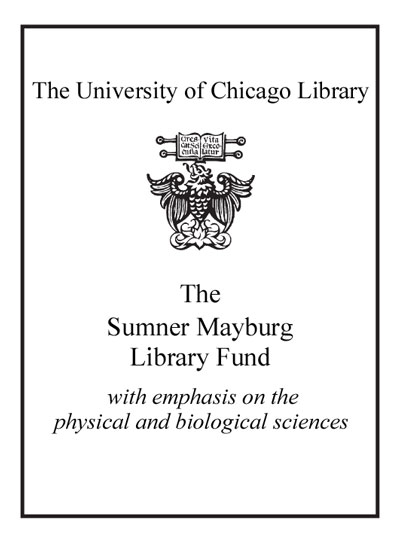Review by Choice Review
Every aspect of culture and of the proper functioning of modern society relies on technology. That technology has sublimated into the background of society over time, and people often take technology's continued existence for granted. Not intended as a basic survival guide for individual "preppers," The Knowledge examines the fundamental technologies of modern society, providing a map to "jump start" civilization after a natural or social disaster. Dartnell (Univ. of Leicester; research fellow, UK Space Agency) realistically details a "grace period" when survivors can salvage food, materials, and tools from the ruins of today's society. However, if a new society is to survive and grow in the aftermath, people must produce their own food, make tools, practice hygiene and fight infection to maintain health, and develop energy stores. Chapters cover broad topics like agriculture, materials, medicine, energy, and transportation. Without being overly prescriptive, Dartnell provides basic knowledge that, when applied using the scientific method, will enable an advanced technological society to reappear within several generations, instead of disappearing forever. Highly readable and engaging, the book has an excellent bibliography of further readings and resources for the motivated reader. --Scott Alan Curtis, University of Missouri--Kansas City
Copyright American Library Association, used with permission.
Review by Booklist Review
Dartnell, a UK Space Agency research fellow and award-winning science writer, specializes in the field of astrobiology, including how microorganisms could survive on Mars. It's no wonder, then, that this renowned young scientist is fascinated by survival tactics, the underlying theme of this ambitious inquiry into how people might be able to rebuild the world as we know it if an apocalypse came to pass. As much as any writer could cover the history of technology in 300 pages, Dartnell presents a good case. His account quickly progresses from raising crops to making soap, shearing and spinning wool, mining coal, generating electricity, and building radios. Of course, since this is all speculation, it's hard to predict what people would be able to scavenge and what will be left intact or who might be on earth besides yourself. Dartnell doesn't address questions of governing this survivors' society or how people would collaborate on rebuilding or how hopeless some will feel without Google and smartphones. Still, Dartnell's vision is a great start in understanding what it took to build our world.--Borman, Laurie Copyright 2014 Booklist
From Booklist, Copyright (c) American Library Association. Used with permission.
Review by Publisher's Weekly Review
With breezy aplomb in this fast-paced, detailed guide, Dartnell (Life in the Universe) takes us through a hypothetical post-apocalyptic scenario. He covers not only the little steps for making it through the first 48 hours-finding shelter, clean water, food-but through the longer processes of "rebooting civilization" such as reinstating agriculture, recovering medicine and medical knowledge, and re-establishing communication, among others. This isn't simply a bare bones guide to how many water bottles or rolls of duct tape to stockpile in anticipation of a global disaster. Dartnell draws deeply on the scientific fundamentals of each step required to rebuild society to the level at which we now live. For example, as we re-establish communication with others, the first step will be writing. In order to make paper we'd need to "pour a dollop of.sloppy cellulose soup across a fine wire mesh or cloth screen, bounded on the sides by a frame." To get the power back on, we'd need to build four-sail windmills or waterwheels to harness the natural forces necessary to generate electricity. If a nuclear catastrophe or a viral epidemic destroyed our world tomorrow, this would be a vital survival guide. (Apr.) © Copyright PWxyz, LLC. All rights reserved.
Review by Choice Review
Review by Booklist Review
Review by Publisher's Weekly Review


